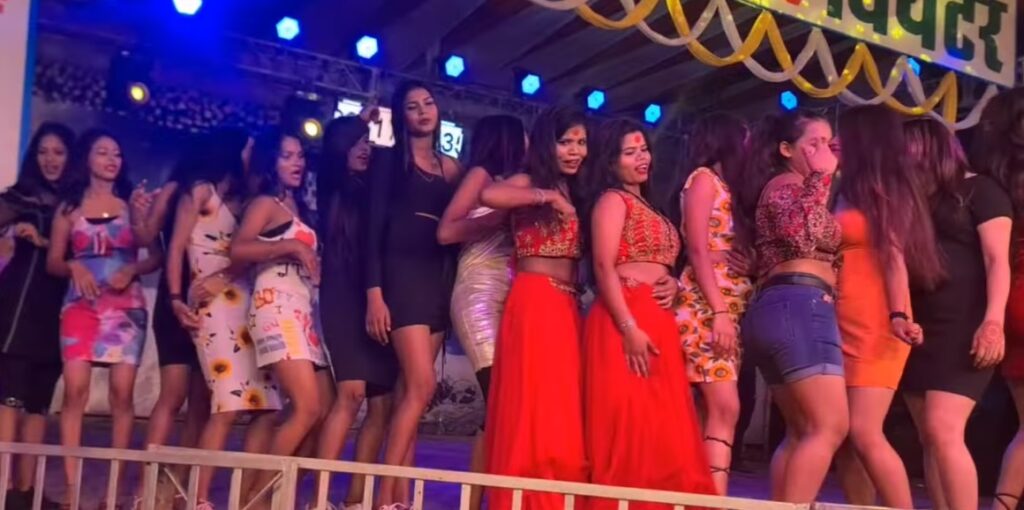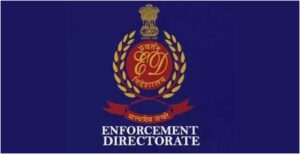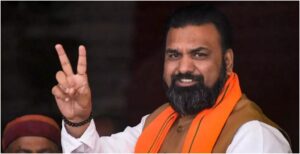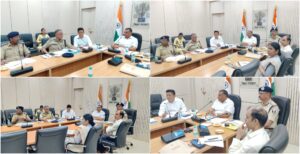Bihar: Sonepur Theatre’s Influence on Asia’s Largest Cattle Fair

PATNA – Sonepur, renowned for hosting Asia’s largest cattle fair, has seen a significant shift in focus from traditional attractions like elephants and horses to the thriving world of theatre. The transformation traces back to the notorious incident of a nude cabaret dance in the 1980s, which left an indelible mark on the fair’s identity. Today, theatre stands as the central force, drawing crowds with its captivating performances.
Despite efforts to curb obscene dances through CCTV monitoring, the allure remains strong, leading to long queues for theatre tickets, often priced three times higher than those at major multiplexes in Bihar. The theatre’s magnetic pull transcends geographical boundaries.
The power wielded by theatre extends even to the administration, as evident from a recent incident where theatre owners collectively halted the entire fair in response to the initial denial of permissions. This demonstration of unity led to a swift reversal by the administration, underscoring the influence theatre owners in Sonepur.
The roots of theatre’s dominance can be traced back to the 1980s when an infamous cabaret dance cast a shadow over its reputation. Despite subsequent efforts by law enforcement, the association of theatre with obscenity persists, hindering its broader acceptance.
Binod Samrat, former executive city president of Sonepur Nagar Panchayat, acknowledges the financial contribution of theatre to the government, emphasizing its significance in revenue generation. However, he points out that the stain of obscenity from the past continues to impact the perception of theatre in the eyes of the public.
Theatre owners argue that the high ticket prices are a consequence of government policies, with the rising costs of land directly influencing expenses. Despite the challenges, theatre remains an essential source of entertainment, employment, and revenue for the government.
Sonepur Fair, historically significant since the Maurya period, has evolved over time, with theatre emerging as a predominant attraction. While the fair’s religious and historical importance remains, theatre has become synonymous with entertainment, drawing crowds with its colorful performances.
The fair, inaugurated by Deputy CM Tejashwi Yadav, witnessed a temporary closure due to the standoff with theatre owners. This incident highlights the intricate politics surrounding the fair, with Binod Samrat suggesting political motives behind the neglect of Sonepur Fair compared to the promotion of Rajgir Fair.
The fair, spanning an area of 10 kilometers, holds immense potential for revenue generation, attracting domestic and foreign companies. Advocates propose a shift towards a trade fair model, which could open avenues for greater economic growth and employment opportunities.
Despite the challenges and controversies, Sonepur Fair continues to be a historical and cultural landmark, adapting to changing times while retaining its essence. The blend of tradition, commerce, and entertainment makes it a unique and dynamic event, reflecting the vibrant spirit of Sonepur.





